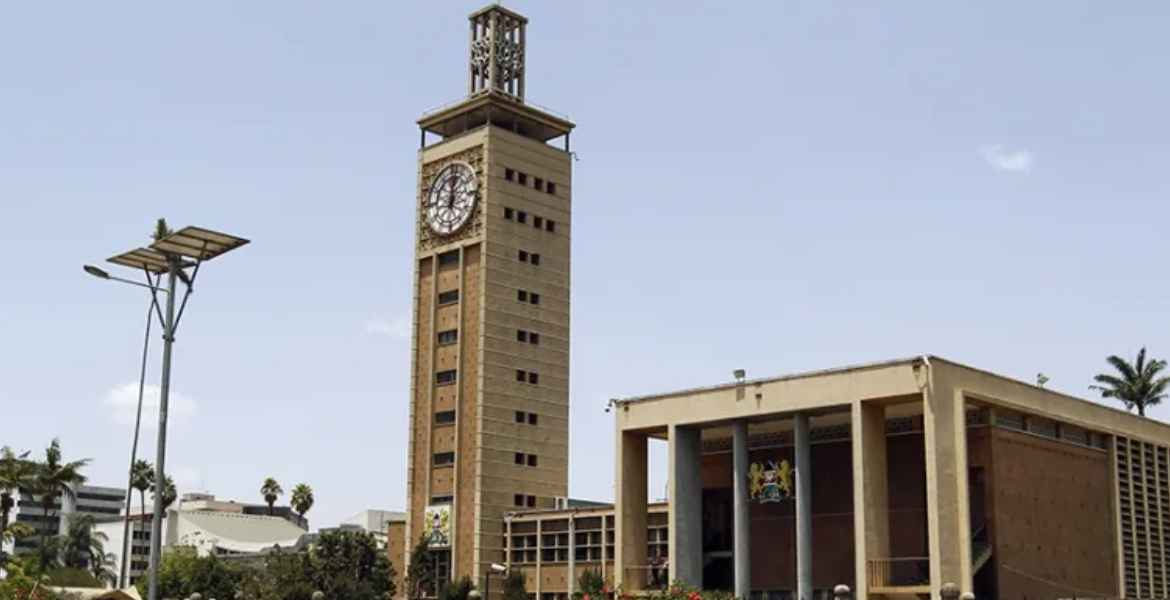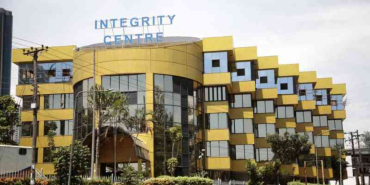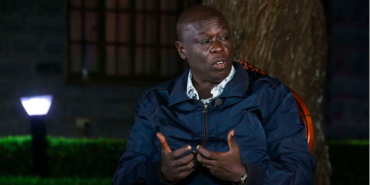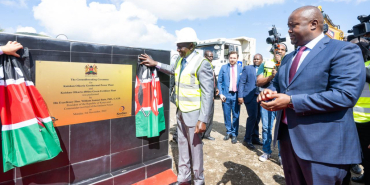Why Parliament Must Act Fast to Support IEBC’s 2027 Election Preparations

With the 2027 General Elections looming, Kenya's Parliament faces a critical juncture in determining the future integrity of the nation's electoral process.
The Independent Electoral and Boundaries Commission (IEBC) is urgently seeking legislative support for a suite of reforms designed to fortify the electoral framework and prevent the setbacks that plagued preparations for the 2022 polls. At the heart of this push is the imperative for Parliament to act decisively on a backlog of crucial Bills addressing campaign financing, electoral offences, political party regulations, and boundary delimitation.
The IEBC's strategic plan is heavily reliant on parliamentary cooperation, underscored by legal mandates such as Section 5 of the Election Campaign Financing Act, 2012, which requires the commission to submit campaign financing rules to Parliament at least one year before a general election. National Assembly Speaker Moses Wetang'ula has pledged support, assuring that MPs will expedite the budget’s passage to facilitate nationwide voter registration.
"The IEBC does not take instructions from anyone—not even the President,” Wetang’ula said, warning politicians against interfering with the commission’s mandate.
His remarks reflect the delicate balance between political interests and institutional independence, a tension that has historically complicated electoral reforms in Kenya. The stakes are significant, as demonstrated by the previous electoral cycle when Parliament rejected several IEBC proposals. These included a controversial cap on presidential campaign spending and regulations aimed at enhancing transparency in results transmission and electoral technology.
Lawmakers cited procedural shortcomings, including deficient drafting and inadequate public participation. These rejections not only delayed essential reforms but also exposed vulnerabilities in Kenya's electoral framework. The IEBC, determined to avoid a repetition of past failures, has completed internal preparations and intends to publish timelines for the resumption of Continuous Voter Registration (CVR), a central component of its voter outreach strategy.
However, the successful implementation of this initiative hinges on parliamentary approval of supplementary budget allocations. Beyond budgetary considerations, Parliament is also under pressure to address the legal vacuum surrounding the recall of elected officials. A 2017 High Court ruling invalidated sections of the Elections Act and County Governments Act that governed recall procedures, leaving the IEBC unable to process recall petitions.
The commission has formally requested that Parliament align the law with the court's decision, yet no legislative action has been taken. This impasse has left constituents, such as those in Tharaka Nithi seeking to recall their senator, without a legal pathway to pursue accountability. IEBC CEO Marjan Hussein Marjan acknowledges the commission's limitations, noting that “there is no proper mechanism to process a recall petition” due to the constitutional invalidation of key provisions.
The absence of a functioning recall framework raises broader concerns about democratic accountability and the responsiveness of elected officials. The issue of boundary review adds another layer of complexity. According to the Constitution, the IEBC must review constituency and ward boundaries every 12 years, with the last review concluded in March 2012. The next review was due by March 2024 but has been delayed due to the commission’s lack of quorum. Any substantive changes will require parliamentary amendments to existing laws, particularly given that statutory timelines have already lapsed.
The boundary review carries significant political implications, especially in regions where population shifts may warrant the creation or dissolution of electoral units. Parliament's role in this process is therefore consequential for representation and resource allocation. The raft of legislative proposals awaiting debate includes the Elections (Amendment) Bill, 2024, the Political Parties (Amendment) Bill, 2024, the Election Offences (Amendment) Bill, 2024, and the County Governments (Amendment) Bill, 2024.
Also on the docket is the Election Campaign Financing (Amendment) Bill, 2024, which seeks to establish clearer guidelines on how political campaigns are funded—a perennial source of controversy in Kenyan elections. ODM leader Raila Odinga has proposed allowing the use of national ID cards for voting, thereby eliminating the need for separate voter cards. Odinga argues that the current system is unnecessarily costly and exclusionary, particularly in areas where voter card distribution has been uneven.
“If you have an ID, you should vote,” he said in a recent interview.
The Referendum Bill, 2024, also awaits parliamentary scrutiny, potentially paving the way for future plebiscites on constitutional or policy matters. Its passage would mark a significant shift in Kenya’s democratic toolkit, offering citizens a more direct role in shaping national decisions. These legislative initiatives represent a comprehensive attempt to overhaul Kenya’s electoral architecture. Their success hinges on Parliament’s willingness to engage constructively and act with urgency.
Kenya's journey toward robust electoral governance has been marked by periods of progress and significant setbacks. The 2007 general election, marred by widespread violence and allegations of electoral fraud, underscored the urgent need for comprehensive reforms. Subsequent electoral cycles have seen incremental improvements, but persistent challenges remain.
The 2013 elections, the first under the new constitution, were relatively peaceful but still faced scrutiny over the use of technology and the handling of results. The 2017 elections were even more contentious, with the presidential results annulled by the Supreme Court due to irregularities. The annulment led to a repeat election, which was boycotted by the opposition, further deepening political divisions.








Add new comment